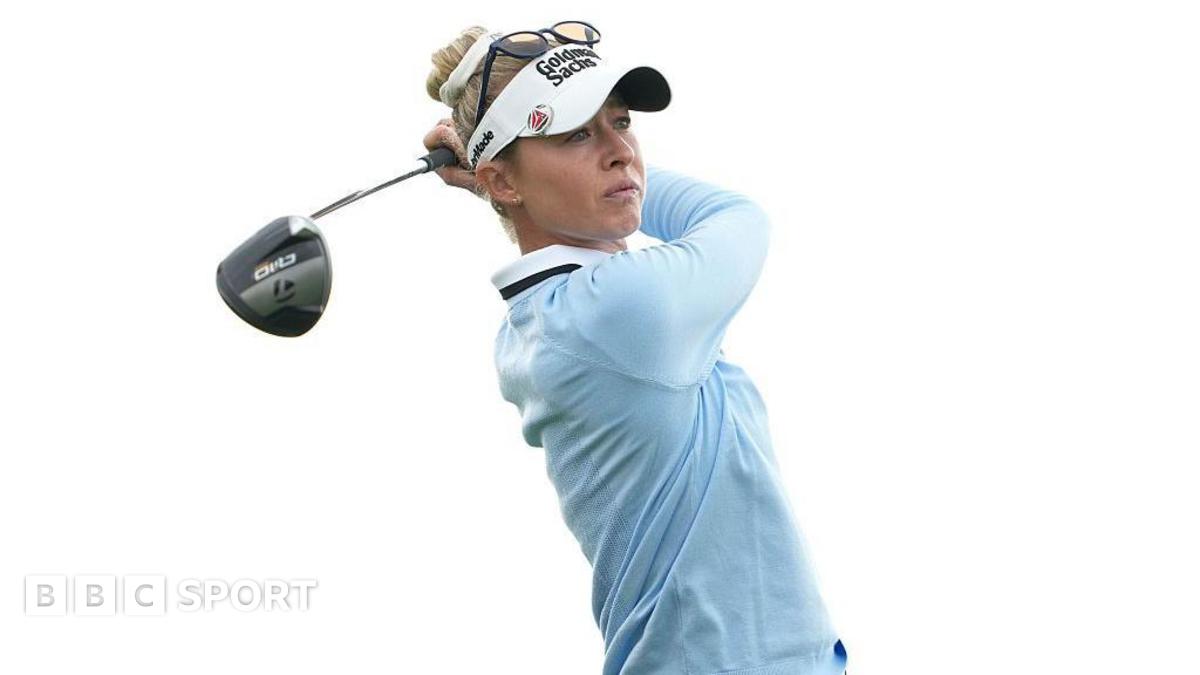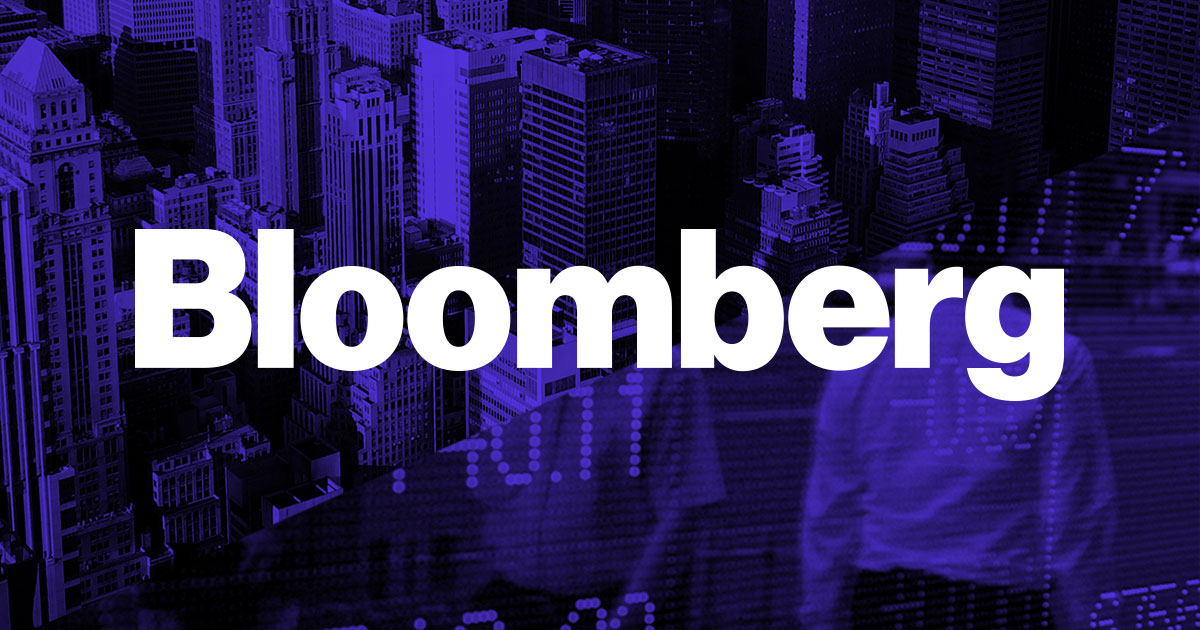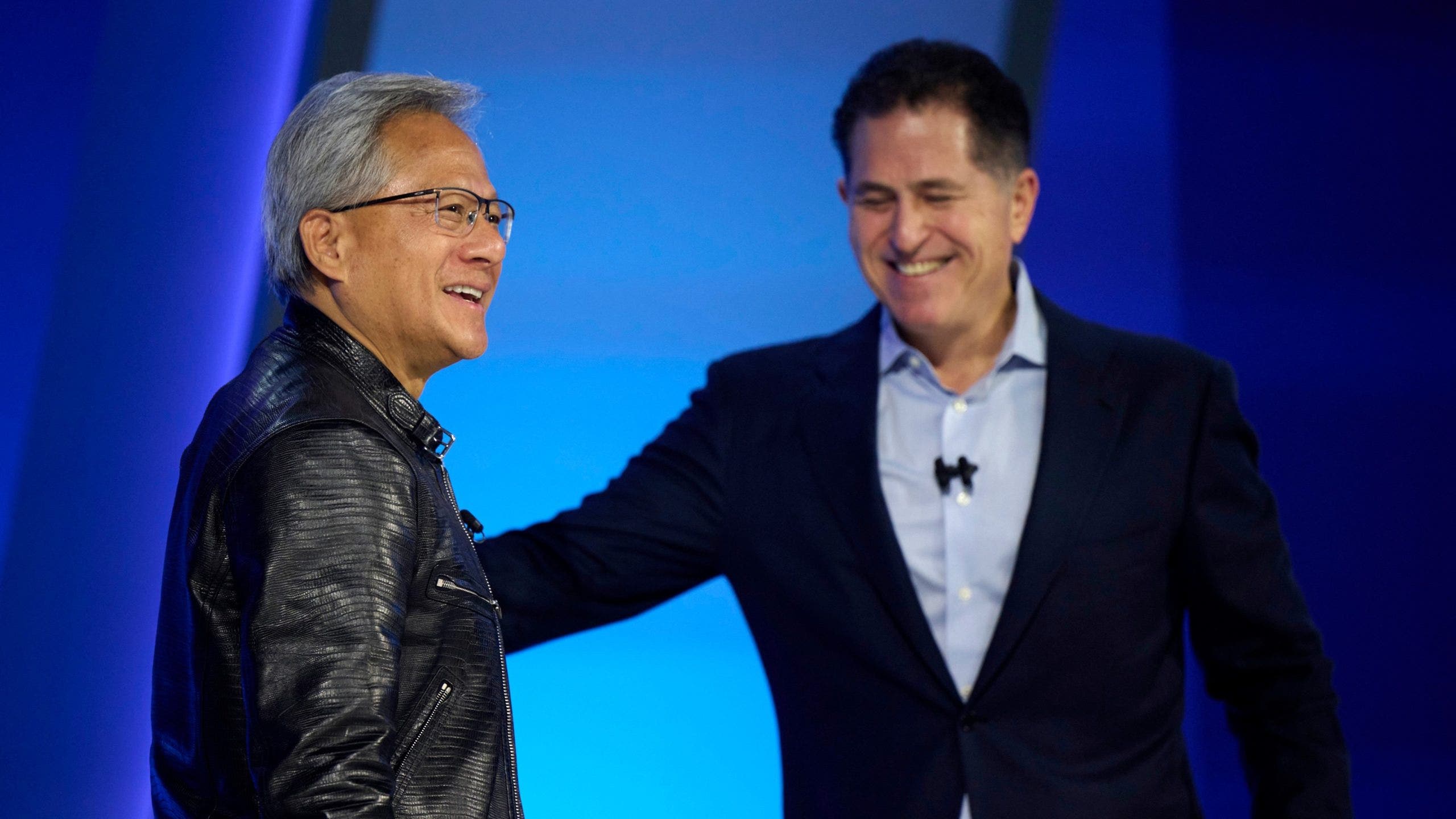Even without the Olympics or a major soccer tournament to tide sports fans over this summer, marketing investment in sports continues to rise.
“Brand marketers are realizing that if you can connect through people’s passions and things that they love, it’s going to have much more effect and impact,” said Steve Martin, founding partner at specialist agency MSQ Sport & Entertainment.
That investment is likely to grow again this year, as marketers at major brands come to depend more and more on live sports’ ability to reach mass audiences — a quality that’s increasingly rare, and increasingly valuable, in an era of media fragmentation.
And as that ceiling rises, there’s more room for approaches that deviate from the standard.
Food delivery brand Just Eat’s partnership with Cleats Club, a soccer-themed messaging app fronted by England and Bayern Munich’s Harry Kane, provides a clear example.
As well as a takeover of the app’s display ad inventory, the brand has been offering users prizes like vouchers and merchandise. Meanwhile, it’s been building organic social content on the back of Kane’s own presence within Cleats Club.
The activity has played out in tandem with Just Eat’s existing sponsorship of the UEFA (Union of European Football Associations) Champions League, which wraps up on Saturday May 31. The Cleats Club work offers access to a community of 12,000 “super fans” rather than the mass reach of a UEFA sponsorship, said James Kirkham, head of brand at Cleats Club.
“Culturally relevant advertising has to be part of these conversations,” said Kirkham. “Smaller communities [are] where true authenticity lies, and where in this case, talent have a legit conversation with their fans. It’s not staged, stage managed and overly manicured, and it’s not stuff that can be seen in a million other places.”
Without providing financial details of the deal, Kirkham said the sponsorship had cost Just Eat “a lot less” than its other partnerships.
Sports sponsorships used to run according to a simple model: with enough dollars or pounds, a brand could piggyback a sportsperson or team’s popularity to reach their target audiences.
For brands without blockbuster budgets, the best they could hope for would be an item from the starter menu; a sleeve sponsorship or an “official” team partner status (over the years, for example, Manchester United has had official tractor, noodle and crypto brand partners).
But now that athletes have embraced the world of influencer marketing, marketers can go direct to a player or their agent to get themselves plugged into their fanbases — connecting them to an audience that’s smaller but more engaged than that accessible via live TV — without having to deal with sporting gatekeepers.
Rather than “paying for eyeballs,” said Kirkham, brands can now “pay for involvement.”
Meanwhile, brands from categories that don’t traditionally line up to patronize live sports are looking for a way in, and they’re not content to take a sized-down template or boilerplate approach.
Take apparel brand American Eagle, for example. In search of younger Gen Z sports fans, the firm recently sponsored Drafted, a social video series distributed on YouTube and Instagram profiling the draft-day experience of five would-be NFL players, including Jack Sawyer and Tre Harris.
The idea, according to American Eagle CMO Craig Brommers, was to align the brand with the kind of up-and-coming sports stars that its target consumers can see themselves in. “It’s tricky to reach young men,” said Brommers. “Sports is one of those vehicles.”
The YouTube series isn’t the brand’s first foray into football. American Eagle also maintains a partnership with Philadelphia Eagles player Cooper DeJean, for example; DeJean’s talent agency Athletes First owns Goat Farm, the production company behind Drafted.
The emergence of the creator economy, and the shifting media that enabled it, mean brands like American Eagle don’t have to go through a broadcaster or even a franchise or team to associate themselves with sports, said Brommers. “There is no gatekeeper anymore,” he said.
Alcohol brand 818 Tequila’s taken a similar approach to its sponsorship of Toni Breidinger, NASCAR’s only female racer and, by dint of her 3 million Instagram (and over 2 million on TikTok) followers, its most popular.
Kathleen Braine, CMO of Calabasas Beverage Company, 818’s parent firm, said the brand wants to pursue NASCAR viewers, particularly the ones tuning in for Breidinger, via a sponsorship deal that will put the brand’s name on to the racer’s driving suit and vehicle, and its product on her social profiles.
Sponsorship of a single racer, for a single season — its first foray into nationwide sports marketing — has allowed the brand a way into the sport it wouldn’t otherwise have had, according to Braine, who declined to share the cost of the partnership.
“We’re not able to, at this [point], be a Samsung-level advertiser with a massive sponsorship package… There’s more room for brands like 818,” she said.
Though Just Eat, American Eagle and 818’s approaches target segments of much larger audiences, they’re each brand awareness plays. MSQ Sport & Entertainment’s Martin said he expected more brands to take similar approaches to their sports marketing spend. “There’s a low cost of entry and low cost of association,” he said.
Such arrangements can deliver brands to a “defined” demographic and, managed properly, could offer scale.
“There’s definitely going to be a rise in them, but let’s just see the ones that have a genuine impact,” he concluded.
https://digiday.com/?p=579632









 English (US) ·
English (US) ·